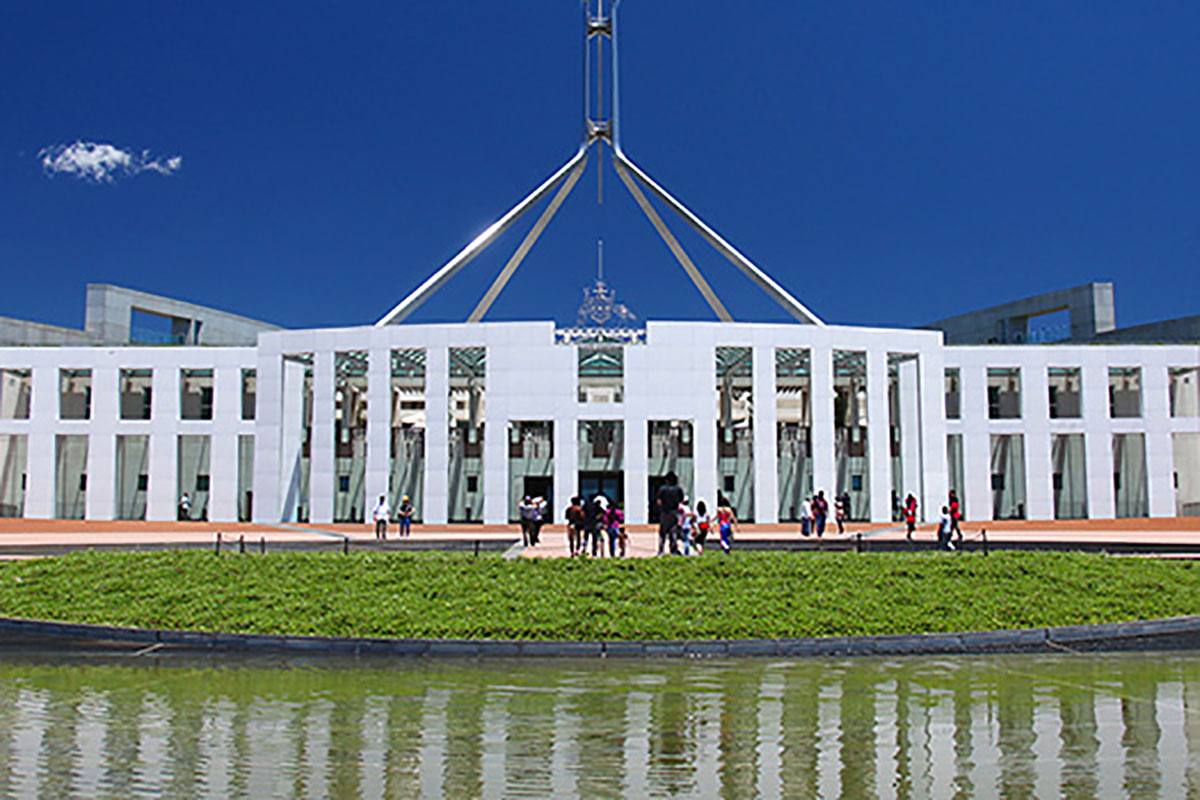Talking to your local member
This guide has been produced by The Salvation Army Policy and Advocacy Team to help supporters to contact their local representatives.
Step 1 – Who do I speak to?
Australia has three levels of government – federal, state (or territory) and local. Each level has their own responsibilities for different issues and it is often hard to tell who is responsible for every issue.
Don’t worry if you don’t know which level of government to write to, an engaged local member will help you with your issue or point you in the right direction if they’re unable to help directly.
The Salvation Army has a keen focus on issues within the Federal Government’s responsibility, so it is often best to write to your local federal member (members of the House of Representatives or senators) first.
Find your local federal member or senator:
- Search your local member of the House of Representatives by postcode here: House of Representatives – Find your electorate
- See all of your state’s senators here: Senate – List of senators
If you know that your concern is a state or territory government issue and wish to direct it to your local state or territory representative, you can find them here.
Step 2 - Find your local member
Search for your local member for each state/territory government.
ACT
NSW
NT
QLD
SA
TAS
VIC
WA
Step 3 - Writing to Politicians

Addressing correspondence to a politician can be tricky. Some politicians have the term ‘The Hon.’ in front of their name. Other members might be doctors, professors, Queens Counsels or have received an Australian Honour — such as an Order of Australia or a Conspicuous Service Cross. In some jurisdictions, members may have ‘MP’ at the end of their name while others will use ‘MLA’, ‘MLC’ or even ‘MHA’.
To address politicians correctly, The Salvation Army recommends finding the politician’s online profile.
For the correct term of reference for federal members and senators, you can visit this useful website.
While getting the names and titles correct is difficult, most politicians won’t mind if you make a small mistake.
A list of mailing address, by jurisdiction, can also be found below.
Australian Capital Territory
Legislative Assembly
New South Wales
Legislative Assembly | Legislative Council
Northern Territory
Legislative Assembly
Queensland
Legislative Assembly
South Australia
House of Assembly | Legislative Council
Tasmania
House of Assembly | Legislative Council
Victoria
Legislative Assembly | Legislative Council
Western Australia
Legislative Assembly | Legislative Council
Step 4 - What to say
Correspondence with members of parliament should be civil, clear and concise.
Civil
We all get frustrated with politicians sometimes. This is natural. Politicians can’t be everything to everyone in a diverse country like Australia. There are times when you will be frustrated with a decision a politician or their party takes. However, it is always best to be polite and constructive.
So whatever you wish that others would do to you, do also to them, for this is the Law and the Prophets. Matthew 7:12 ESV
Clear
Plain words are easier for everyone to understand.
HINT
If you feel a photo, map or diagram would help you get your message across, feel free to include one.
Concise
A short clear message can be very effective for communicating a problem to your local member. A letter doesn’t have to be long to be meaningful.
If you wish for the member to take action, acknowledge your letter with a reply, or provide updates, ensure that you have included your contact details in the message.
